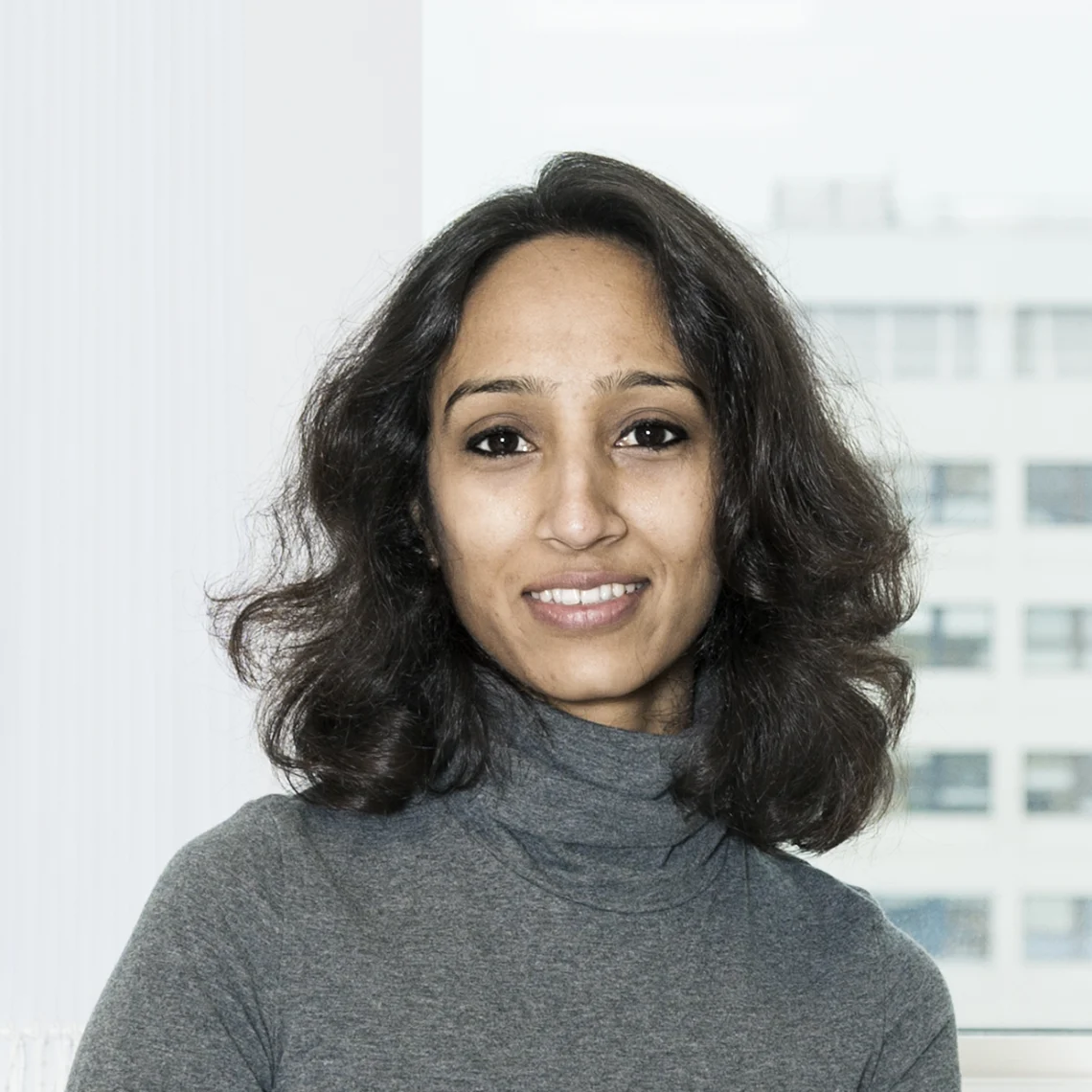Circadian Neuroscience
Circadian Neuroscience
Theme: Circuit dynamics and oscillations
Sunday 23rd April, 13:00 – 14:40
Of all the environmental challenges we are presented with, the daily changes in light, temperature, predation etc. that occur with a periodic rhythmicity are at least predictable. This predictability has fostered the emergence of circadian (~ 24h) rhythms that allow animals, plants and other organisms to appropriately time biological processes. Whilst this cellular timekeeping is ubiquitous across almost all cells on this planet, in mammals many of these biological rhythms are co-ordinated through a central circadian clock housed in the suprachiasmatic nucleus of the hypothalamus. This symposia will focus on exciting developments in the circadian field, including investigation of sensory inputs and outputs of the clock, the networks of neurons and glia that are involved in generation and regulation of the clock, and rhythms that arise from oscillators housed outside of the central clock in the suprachiasmatic nucleus.
Rob Lucas, Universtiy of Manchester, UK: The importance of daytime light for circadian health (co-chair)
 Aarti Jagannath, University of Oxford, UK: The role of Salt-Inducible Kinases in regulating sleep and circadian rhythms
Aarti Jagannath, University of Oxford, UK: The role of Salt-Inducible Kinases in regulating sleep and circadian rhythms
Biogrpahy: I am a BBSRC David Phillips Fellow at the Sleep and Circadian Neuroscience Institute within the Nuffield Department of Clinical Neuroscience. My group researches the molecular mechanisms that regulate circadian clock entrainment. All organisms show 24h rhythms in their physiology and behaviour, orchestrated by a circadian clock that coordinates internal time with the external world. Our research aims to understand the molecular mechanisms by which the circadian clock picks up cues from the external environment and is set to the right time.
About me: I read for a DPhil on the mechanisms of RNA interference at Brasenose college, Oxford. I subsequently joined the Sleep and Circadian Neuroscience Institute as a Roche Post-Doctoral Fellow in to work on the circadian clock and have stayed in the unit to become a group leader. I was awarded the L’Oreal Women in Science Fellowship in 2015 and I am the founder of a spin-out company, Circadian Therapeutics, that translates some of our research into the clinical arena. I am also a mother of two and am a passionate advocate for women in STEM careers.
Marco Brancaccio, Imperial university, UK: Glial control of circadian rhythms in the suprachiasmatic nucleus
Lukasz Chrobok, University of Bristol, UK: Ticking and talking in the brainstem: circadian timekeeping properties of the dorsal vagal complex (co-chair)
